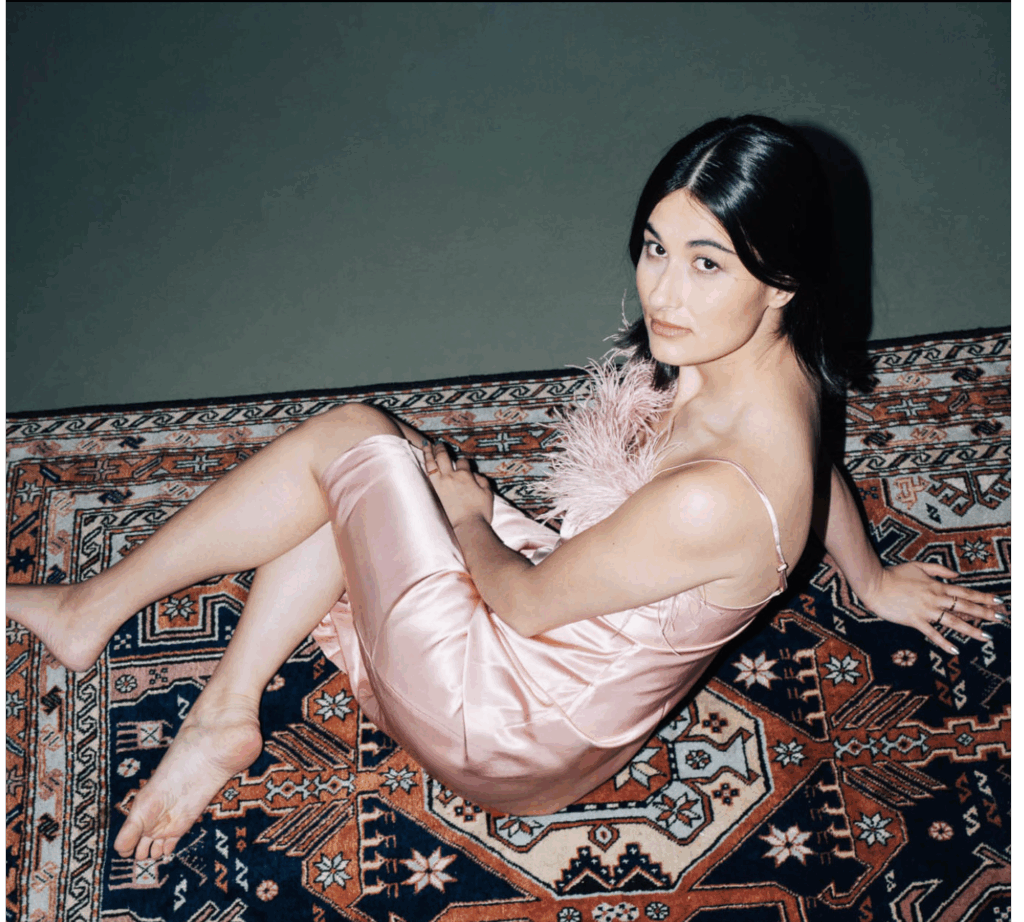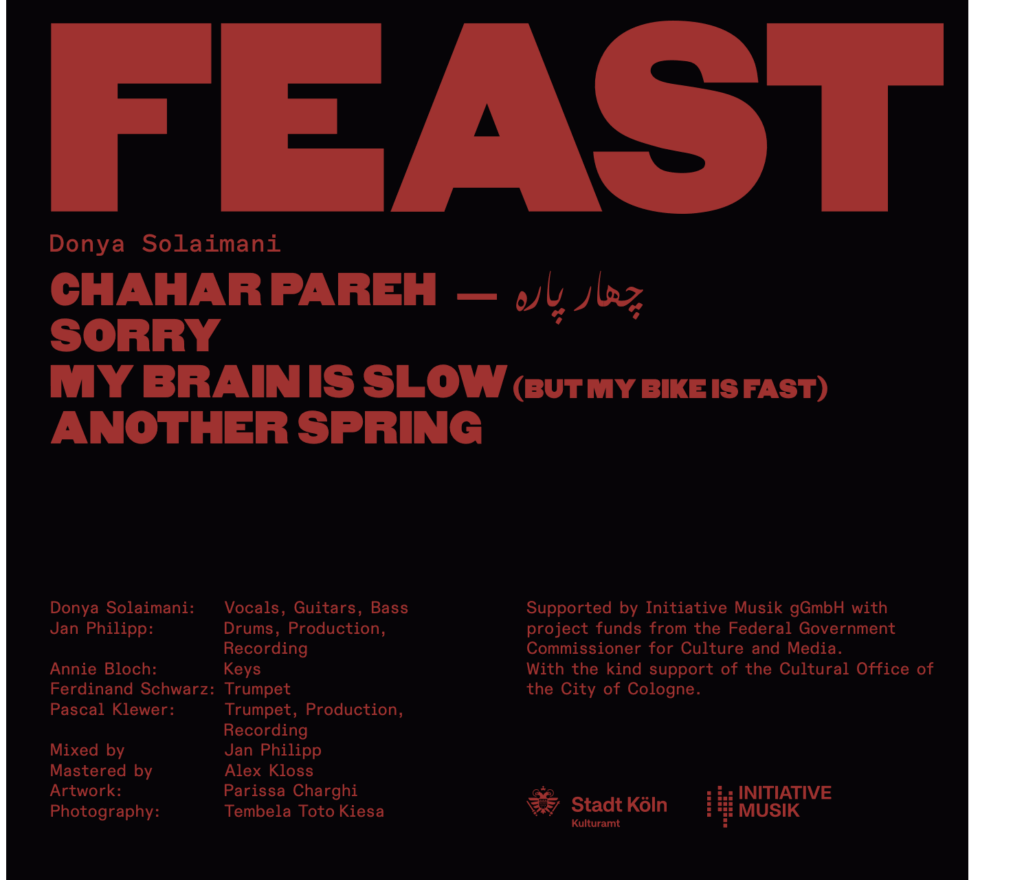In spring 2022 I visited a workshop that would open many new doors for me. It was given by the Iranian Canadian musician Kiya Tabassian, who would teach us melodies and improvisational techniques from the Persian classical music tradition. A teacher at school had signed me up for the workshop, which bothered me. At that time, I was interested in the music of Wayne Shorter, my favorite songwriter Mitski or learning Bach preludes on my guitar but I had never voiced an interest in Persian music. My ethnicity or my last name must have been the only reason the teacher had thought of me.
Despite my annoyance I had to admit that the workshop was special, inspirational, spiritual even. Kiya encouraged me to dive deeper into the material and incorporate parts into my musical language without giving up my own artistic voice. I started to wonder why I had felt so ambivalent about engaging with Persian music of any kind, why I had deliberately steered clear from the topic before. On the one hand there has always been a deep seated shame about not being Persian enough to do this. Who am I to sing in this language, with my heavy german accent and the vocabulary of a nine year old? Who am I to perform this music, me who never calls her relatives?
But it would be too easy to attest my reluctance to overthinking and personal issues. I also observed certain structures and expectations within the music scene – I had no interest in being affiliated with “ethno jazz” or “world music”. I did not want to perform “oriental music” for a predominantly white academic jazz audience. I wanted to be a blank canvas free from preconceived notions and labels, to have the same freedom of expression as my colleagues. These labels are not mere individual sensitivities, they have real life consequences. in 2023 musician Rabih Lahoud was denied the opportunity for professorship because of his affiliation with Lebanese music and poetry. Despite the many prestigious jazz awards he had won and despite being a renowned teacher who was adored by his students, he was told he does not have a real jazz voice.
No one really seems to be able to pinpoint what jazz is exactly and the music that falls under that term is incredibly varied. Yet there seems to be a clear hierarchy about whose music is considered universal and whose music too particular.
On my way home from the workshop I met J on the street and told him about my day. It‘s great how you are now returning to your musical roots he told me. I answered that my musical roots were a weird mix between pop music from the aughts (Beyoncé, Sean Paul and the iconic German girl band No Angels) and the repertoire I had learned in my classical guitar lessons (Mauro Giuliani, Heitor Villa-Lobos, Giuseppe Brescianello). I didn‘t grow up with Persian music and I hated the idea that it all came down to shallow notions of ethnicity, identity and roots.
And yet I knew that the music I had just been introduced to moved me immensely. And yet I knew I had a special relationship to this language. Maybe I could explore this while holding all of these contradictions, I figured. I longed to be right where I was and tell a story on my own terms. That was when my arrangement of the old melody Chahar Pareh and, ultimately, the idea for this EP was born. Another Spring is my attempt to write and sing about these complicated feelings surrounding identity and roots. There are memories of food (tahdig, big bottles of lemonade on the dinner table, ab havij bastani) and places (the luscious garden of Isfahans Abbasi hotel). But there‘s also shame: about choosing a silly career path in music and forgetting to call my family on Nowrooz.
This little record has been in the making for a long time and I am beyond happy it now found its way out into the world. This would never have been possible without the help, encouragement and open ears of many friends to whom I am eternally grateful. You know who you are.

